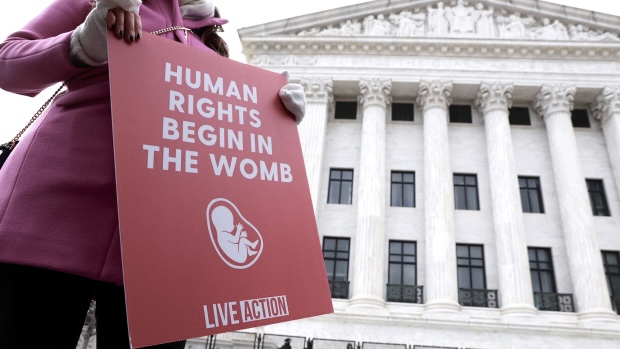
- Amid The Most Anti-Life Admin In History It Has Never Been More Important To March For Life
- This week, those of us who believe in the sanctity of life for all persons, born and unborn, have a chance to show America that this fight is far from finished.
- …we should also remember a crucial fact: this ruling did not outlaw abortion. Rather, it returned the right to vote on abortion to the states. This crucial judgment – of whether dignity inheres in all life, born or unborn – should no longer be settled in courts. Instead, it will be argued and voted upon in state legislatures, where the hearts and minds of the American people are expressed in the laws that govern each state in our Union.
- In 20 states, there are few legal restrictions on abortion, if there are any at all. Only 12 states have passed total bans. This divide reveals a tough reality… If we who believe in the inviolability of the unborn are unable to convince our fellow Americans of this essential truth, the reversal of Roe will mean little in the long run. This is not the time to rest on our laurels; it is the time to advance and triumph.
- Shortly after the Dobbs decision was released, President Biden issued an Executive order that directed Medicaid funds to be used for women seeking an out-of-state abortion. He rescinded the Mexico City Policy, which ensured the taxpayer dollars of Americans did not fund abortions overseas.
- Earlier this month, the Biden Administration formalized a process to allow retail pharmacies to sell abortion pills… This means that you can obtain the means to an abortion without so much as being seen in person by a healthcare provider, let alone having an ultrasound taken. These pills introduce real short and long-term risk to young women, but the Biden Administration has ignored these dangers in its haste to make abortive medication widely available.
- Nearly half of Americans aged 18-34 support the right to abortion under any circumstances. These are the hearts and minds we have to change.
- To do this, we must offer a different vision, one in which civil society and our state policy work together to promote the family, care for women who are in crisis and ensure every child has a stable home. That means reforming our broken foster care system, funding and supporting the nearly 2,700 pro-life Pregnancy Resource Centers across America, and making the adoption process safer and easier
Read the original article by clicking here.







